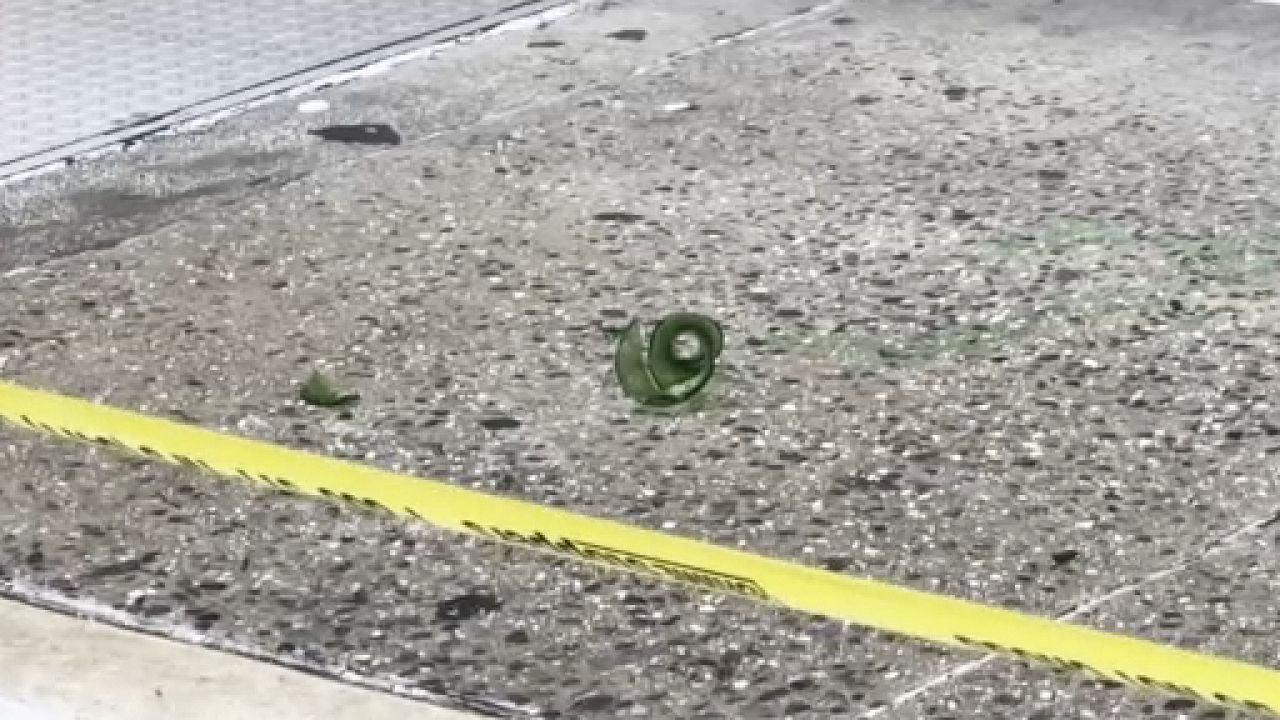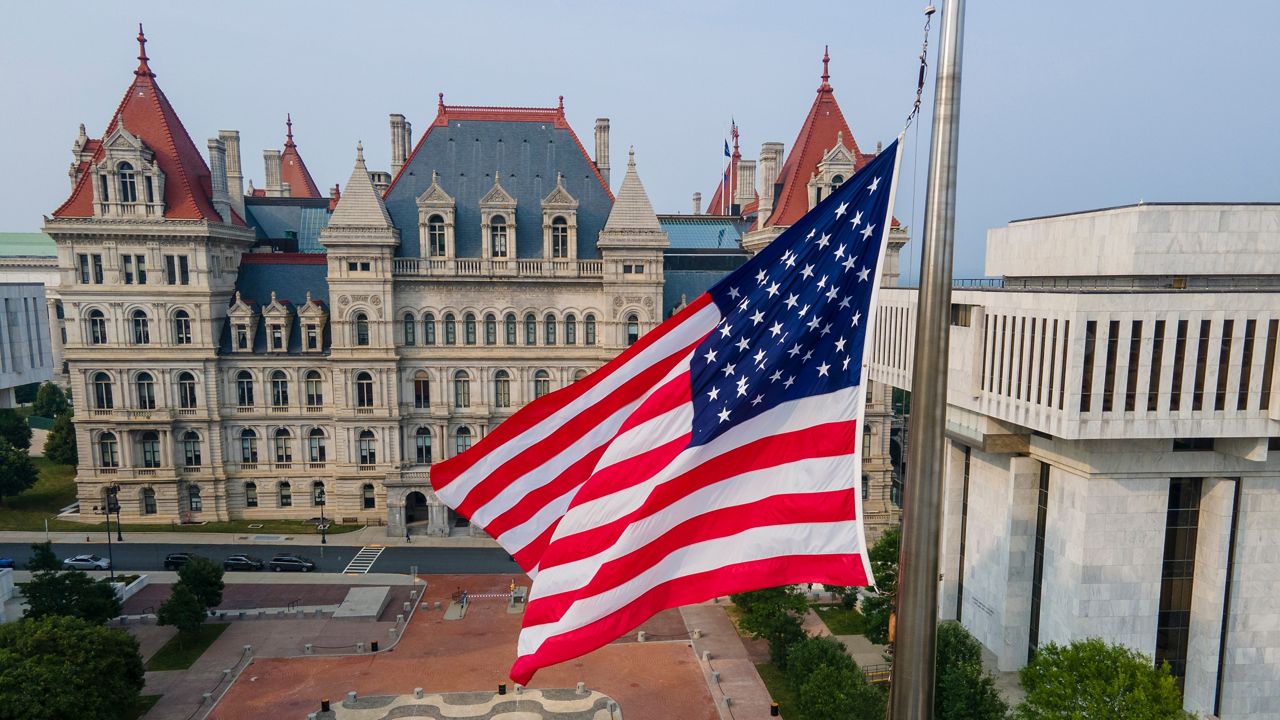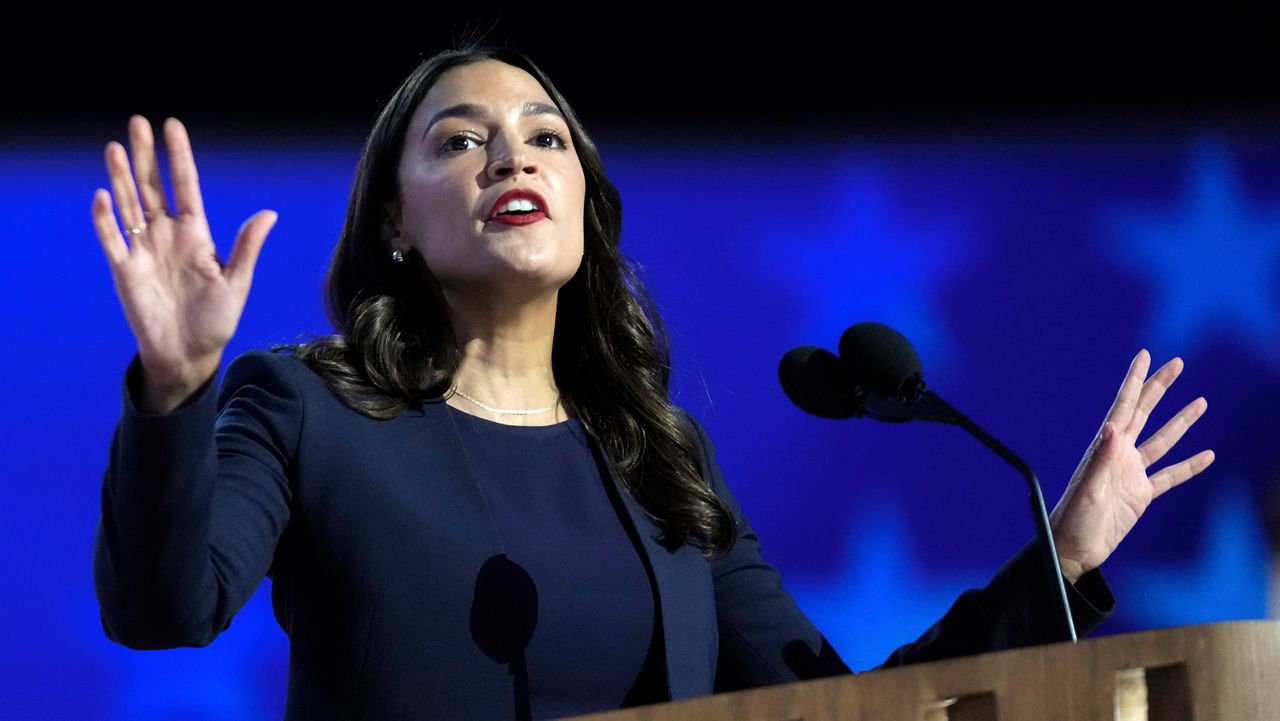The state will start to withhold federal aid from New York localities to help pay for Medicaid over the next three years under changes included in the next budget, pushing county leaders to be concerned they'll be forced to increase property taxes and cut local services to afford the difference.
The state will gradually shift Federal Medicaid Assistance Percentage payments to its coffers. The payments were enhanced under the Affordable Care Act in 2015 when the state took over the growth of Medicaid on the heels of expanded eligibility under the law.
The changes take effect immediately with about 25% this fiscal year for a total of $219 million, doubling to 50% in FY 2025 at about $439 million, according to Gov. Kathy Hochul's office. The federal contribution to localities will be completely phased out starting April 1, 2026, for a total of more than $774 million.
Hochul included the proposal in her executive budget — initially estimated for the state to claw back $625 million annually.
The Senate and Assembly each rejected the plan in their one-house budgets.
"We were against it," Senate Majority Leader Andrea Stewart-Cousins said in the Capitol on Monday. "We understand the problem that the Medicaid costs present to counties and, we tried, frankly."
County leaders fought hard against the change they argue was unexpected — especially amid an uncertain fiscal future with federal COVID monies running dry.
"We were caught off guard," Albany County Executive Dan McCoy said Monday. "We didn't know when the governor put this in our budget, she took it away from us [with] no notice, no nothing. We negotiated with the impact that would have on us, and it really didn't go anywhere."
The state will keep more than $8 million from Albany County when the policy is fully implemented.
The final budget will ultimately suspend 20% annual reconciliations from the increased federal assistance after the state has reduced local governments' Medicaid cost share in past fiscal years. Hochul's office touts that amassed to a savings of $127.7 million in Fiscal Year 2023 and a projected $84.1 million in 2024 and $169.4 million in 2025.
“Gov. Hochul understands the financial burdens that are placed on county governments, which is why the FY 2024 Budget includes more than $6 billion in major local aid programs for counties outside of New York City building on over $30 billion in funding to counties in major local aid programs and other assistance since 2018," a spokesperson with Hochul's office said in a statement. "Additionally, as a result of the state’s recent actions to increase enforcement and compliance of taxes due from online sales, counties and local governments have benefitted from an additional $1.37 billion in local revenue since 2020. Despite taking over the growth of Medicaid in 2015 creating total savings of $37.9 billion for all counties and New York City, the state has not been adjusting the amount of enhanced federal funding the state retains for Medicaid expansion with the state assuming almost $1 billion annually in what would otherwise be local costs. Given the governor's historic health care investments, the state is utilizing the available federal dollars to fund critical investments in Medicaid to ensure access, promote equity and stabilize the health system serving New York's most vulnerable."
Officials with the New York State Association of Counties estimate the change will increase property taxes between 7 and 14%.
Patrick Orecki, state policy director with nonpartisan budget watchdog Citizens Budget Commission, says it's bad policy that will make New York less affordable.
"I don't think fiscal health is the right metric to determine who should be picking up the costs of the Medicaid program," Orecki said. "The reality is, the state runs the program, so the state should be paying the cost of the non-federal share. The ability to pay really isn't isn't how you should be making that choice."
Stewart-Cousins sees the three-year phase-in period as a worthy compromise, compared to the governor's initial proposal to immediately withhold the full amount of federal Medicaid assistance intended for local governments.
"I think most of the counties can figure out a way that they can manage it," the Senate leader said.
She noted the state's past efforts to cap additional Medicaid costs and direct more resources to counties in addition to higher-than-expected tax revenue with the help of pandemic assistance.
Lawmakers on both sides of the political aisle have blasted the proposal and the consequences for local governments.
"When you look at the governor's rollout of the budget, she never talked about property tax relief," said Assemblyman Matt Slater, a Yorktown Republican who has been outspoken against the proposal for months. "She never talked about property tax relief because she knew full well that this proposal was a property tax hike."
Multiple county leaders argue the federal aid must legally go to New York's localities. Several county executives are seriously weighing taking legal action against the state — either together or individually — now that the federal aid will start being withheld in the coming weeks.
"It was entitled to come to us," McCoy said. "It wasn't meant that way."
Lawmakers are expected to finish passing the 2024 spending plan late Tuesday more than one month late. It deadlined April 1.
New York has the second-largest number of residents enrolled in Medicaid in the United States. The poorest of the state's 62 counties will be on the hook for the greatest share of the cost shift.
Officials with the state Association Of Counties and other lawmakers against the proposal declined to comment on the announced framework Monday until the final budget legislation is released.
CORRECTION: This story corrects an earlier version. The state Association of Counties estimates a 7 to 14% increase in property taxes with the Medicaid cost shift.










